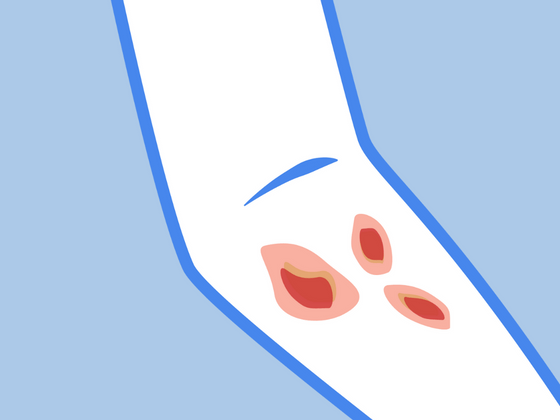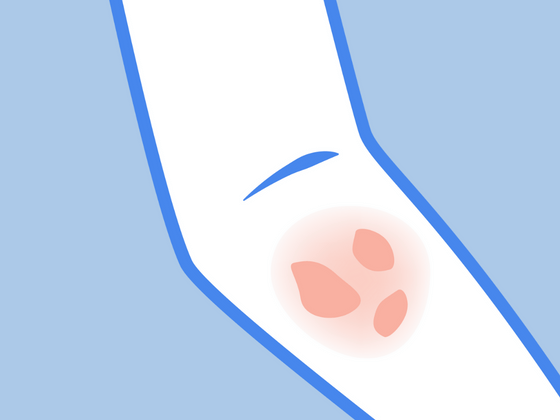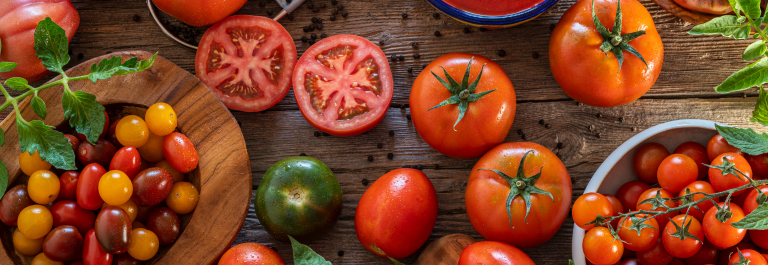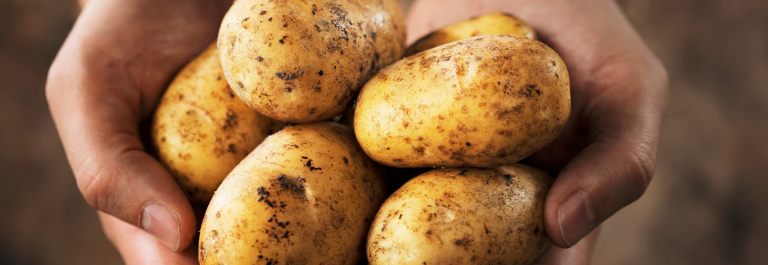Eczema, or atopic eczema, is a widespread skin condition affecting millions globally. It leads to inflammation, dryness, and severe itching of the skin. While the exact cause of eczema remains unclear, it is thought to be linked to a combination of genetic and environmental factors.
One of the factors that can influence eczema symptoms is diet, as certain foods may trigger flare-ups in some individuals. Tomatoes, a staple in many diets, have been known to cause allergic reactions in some people, raising the question: can tomatoes worsen eczema symptoms?
In this blog, we're going to explore:
-
The relationship between tomatoes and eczema flare-ups
-
How certain food allergies, including tomatoes, can trigger eczema in some people
-
Ways to manage eczema through dietary changes and elimination diets
Read on to learn more about the potential connection between tomatoes and eczema, and how you can manage your diet to reduce flare-ups.
How Food Allergies Can Impact Eczema
For people with eczema, food allergies can be one of the most common causes of flare-ups. Some of the most common food allergens include dairy products, eggs, and nuts; for some individuals, tomatoes are also on the list.
When the immune system reacts to food allergens like tomatoes, it triggers an inflammatory response. In individuals with eczema, this can lead to flare-ups, increasing itching, dryness, and irritation, particularly in sensitive areas such as the face, hands, and feet.
The skin's barrier function is already compromised in people with eczema, who struggle to retain moisture and protect against irritants. Food allergens can exacerbate this, weakening the skin barrier and making it more vulnerable to inflammation, intensifying eczema symptoms.
Eczema and Tomatoes: Can They Trigger Flare-Ups?
Tomatoes belong to the nightshade family of plants, which includes foods like potatoes, peppers, and eggplant. While nightshades aren't universally problematic for everyone, they can sometimes worsen eczema symptoms in people with sensitive skin or eczema.
Tomatoes contain lipid transfer protein (LTP), which has been linked to allergic reactions. These proteins can trigger the immune system's response in certain individuals, leading to skin inflammation, hives, or worsening eczema symptoms. In fact, some people with eczema may experience a food reaction not only to raw tomatoes but also to cooked tomatoes or products containing tomato derivatives like sauces, juices, and pastes. For those with a tomato allergy, an eczema flare-up may include redness, irritation, and swelling of the skin, particularly around the mouth and face.
Managing a Tomato Food Allergy
If you suspect that tomatoes may be triggering your eczema or an allergic reaction, managing a tomato food allergy involves taking proactive steps to avoid exposure and support your skin's health. Here are some effective strategies to help manage a tomato allergy:
Try an Elimination Diet
One of the first steps in managing a tomato food allergy is to try an elimination diet. This involves removing tomatoes and tomato-based products from your diet for several weeks to see if your symptoms improve. Once you've eliminated tomatoes, you can gradually reintroduce them to observe whether your eczema or allergic reactions return. This process can help you identify whether tomatoes are a trigger for your eczema flare-ups.
Always consult with a healthcare provider before starting an elimination diet to ensure it's done safely and effectively. A registered dietitian can also help ensure you're still getting the necessary nutrients while avoiding tomatoes.
Keep Your Skin Moisturized
Maintaining a healthy skin barrier is essential for individuals with eczema to prevent flare-ups and irritation. Even if you have a tomato food allergy, keeping your skin moisturized can help reduce the risk of eczema symptoms triggered by allergens or environmental irritants. This Nourish + Hydrate Manuka Balm is a great solution for soothing flare-ups. Made with just six carefully selected ingredients, it's designed specifically for sensitive, dry skin. Apply it to relieve itchiness from head to toe, providing comfort for every area in between.
Avoid Processed Tomato Products
Processed tomato products, such as sauces, soups, and ketchup, often contain added ingredients like preservatives, artificial flavors, and spices that can also trigger allergic reactions in people with food sensitivities. If you are managing a tomato allergy, it's crucial to avoid these products entirely, even if they are labeled as "tomato-free" or "natural."
When dining out, always inquire about the ingredients in sauces and dressings to avoid hidden tomato components. Cooking at home allows you to control what goes into your food and ensures no tomato-based ingredients are in your meals.
Consult with a Healthcare Professional
Managing a food allergy, particularly when it comes to eczema and potential triggers like tomatoes, requires a personalized approach. Working with a healthcare provider to develop a treatment plan that addresses your specific needs is essential. This may include using allergy medications or topical treatments to manage symptoms, along with dietary adjustments.
Manage Your Eczema Flare-Ups Effectively
If tomatoes or other foods are triggering your eczema, consider these practical steps to manage your symptoms. With the right diet adjustments and skincare routines, you can soothe your skin and reduce discomfort caused by food allergies.
window._klOnsite = window._klOnsite || []; window._klOnsite.push(['openForm', 'RpMnP9']);








